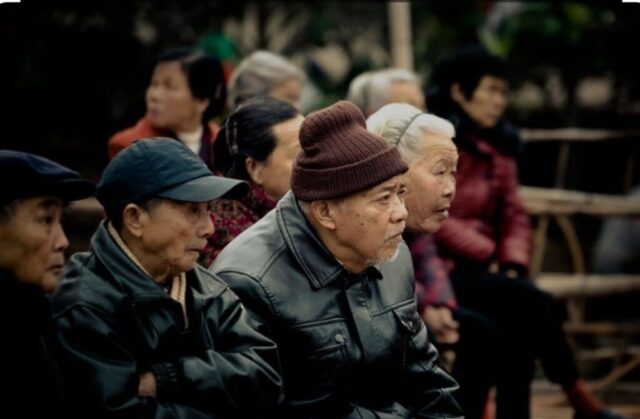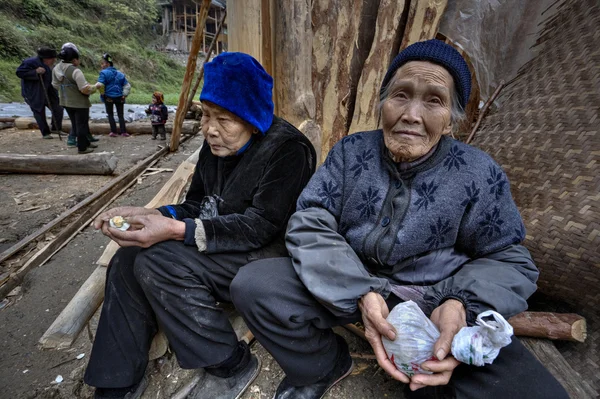How and Why the Gender Pension Gap in Urban China Decreased between 1988 and 2018
By Björn Gustafsson, Peng Zhan & Hanrui Jia In urban China, gender gaps in employment and earnings have steadily increased since the 1990s. Such gender gaps are important because pension rights and amounts are based on labor force participation and wages. However, as this study demonstrates, despite the rise in gender differences in the urban labor market, the average gender pension gap decreased between 1988 and 2018. In this paper, we describe the evolution of the fragmented pension system in...










